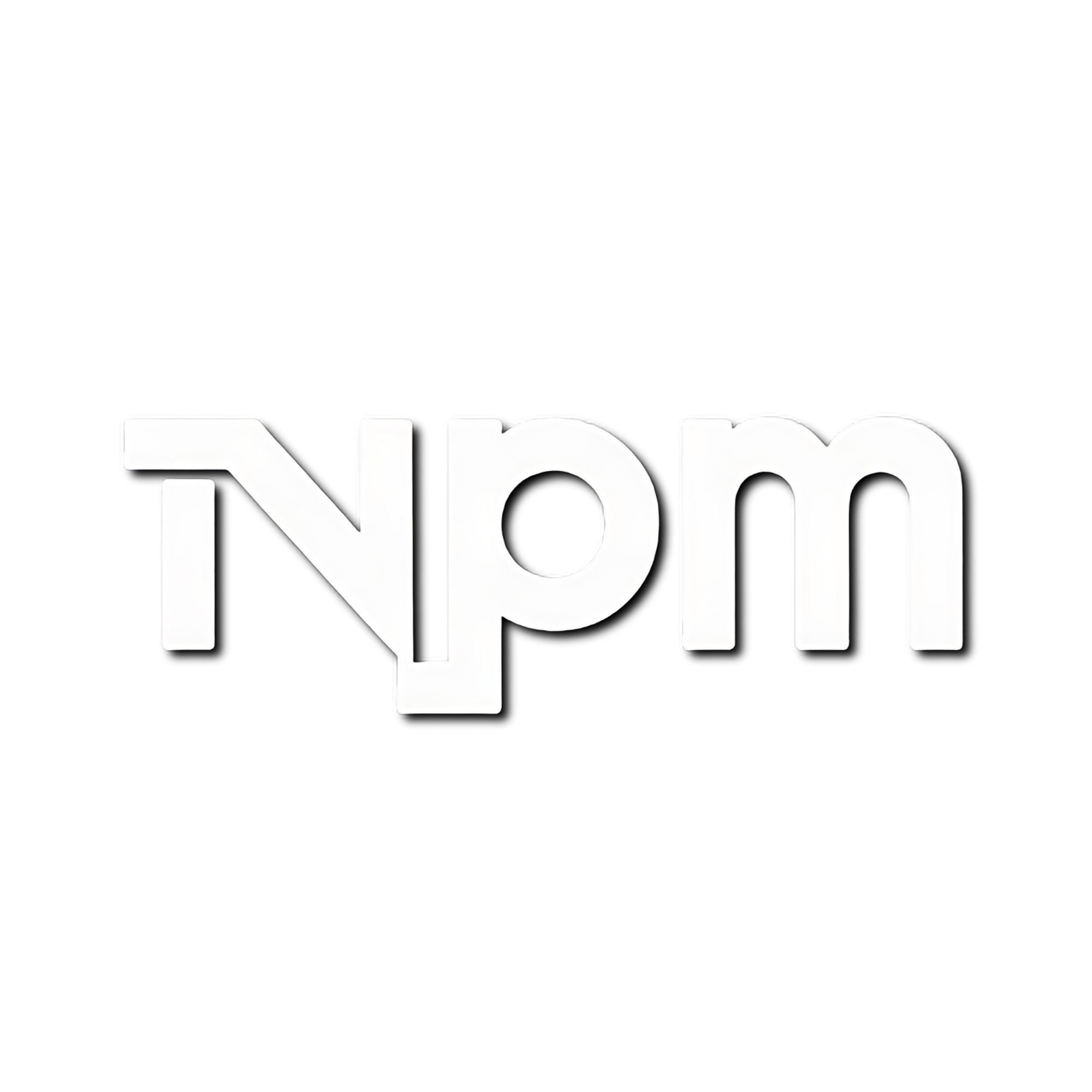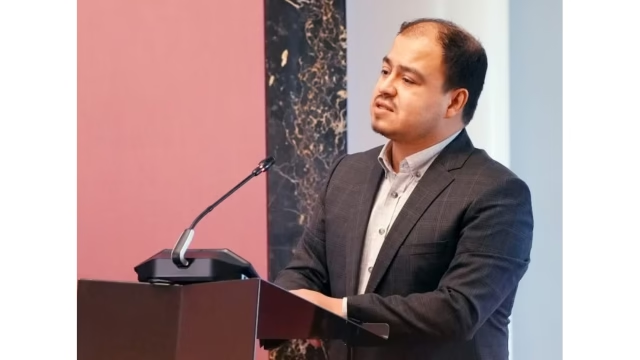The vote made history, although the Mayor vetoed the decision. A comment by the “Amsterdam’s Lonely Uyghur.”
by Abdurehim Gheni Uyghur

On April 9, 2025, Stephan van Baarle, the leader of the Denk Party in the Dutch Parliament, proposed replacing the name “Xinjiang” with “East Turkestan.” The proposal demanded that the Dutch government use “East Turkestan” instead of “Xinjiang” in all official communications related to the region. It emphasized that “East Turkestan” is the historical name, while “Xinjiang” is considered a colonial term, and that Uyghurs prefer the name “East Turkestan.”
The Dutch Parliament, consisting of 15 parties with 150 seats, requires more than 50%—or at least 76 seats—to pass a proposal. Although the proposal was supported by parties such as GroenLinks, PvdA, D66, and CDA, it was rejected because the ruling political parties, prioritizing diplomatic and economic relations with China, opposed it. It failed to secure the required 76 votes. Despite the rejection, the proposal sent a strong political signal to the Chinese government and paved the way for a historic political debate in the Amsterdam City Council.
On July 10, 2025, Suleyman Koyuncu, a member of the Amsterdam City Parliament from the Denk Party, introduced a proposal titled “Those Who Recognize Oppression Recognize East Turkestan,” advocating for the use of “East Turkestan” instead of “Xinjiang.” The proposal highlighted that “East Turkestan” reflects the historical and cultural identity of the Uyghurs, is favored by the Uyghur diaspora, and that the Chinese government’s use of “Xinjiang” (meaning “new territory”) is a colonial term that denies their identity.
The Amsterdam City Parliament, composed of 13 parties with 45 seats, requires more than 50%—or at least 23 seats—to pass a proposal. The proposal to use “East Turkestan” instead of “Xinjiang” was supported by PvdA, GroenLinks, D66, Partij voor de Dieren, and Denk, securing 26 votes and passing the motion. Through this historic political decision, the Amsterdam City Parliament endorsed the use of “East Turkestan” over the colonial term “Xinjiang,” rejecting the Chinese government’s designation of the region with a name whose meaning designates a Chinese “new territory.”
Suleyman Koyuncu stated regarding this historic decision: “Today, Amsterdam did not merely choose a name; it declared its solidarity with a people facing oppression. It recognized the historical and cultural identity of the Uyghurs. This decision is a beacon of hope for everyone fighting for human rights, freedom, and cultural identity.”
Unfortunately, this historic decision, a source of pride for the people of East Turkestan, was vetoed by Amsterdam’s Mayor, Femke Halsema, who argued that “East Turkestan” has a separatist connotation and is not an internationally recognized political name. This veto deeply wounded the East Turkestan diaspora.

On July 11, I invited Suleyman Koyuncu to my program “Uyghur Teahouse Talks” for a live discussion about the significance of this historic decision and the reasons behind Mayor Femke Halsema’s veto. The discussion can be viewed here.
During the discussion, I asked Suleyman Koyuncu whether East Turkestan organizations in the Netherlands can protest Mayor Femke Halsema’s veto. He responded that the veto might stem from her lack of understanding of the Uyghur genocide and Uyghur history, suggesting that Uyghur organizations in the Netherlands could express their dissent by writing letters. Inspired by his words, I immediately called on my website and social media platforms for all Uyghur and East Turkestan organizations in the Netherlands to urgently gather and protest. I also noted that July 28, 2025, marks the 11th anniversary of the Yarkand Massacre.
In this context, I announced plans for a demonstration in front of the Amsterdam City Parliament to issue a statement against the Mayor’s decision. I asked why the Chinese government calls Tibet “Xizang” while the rest of the world uses “Tibet” without separatist implications. I emphasized that we would strongly protest Mayor Femke Halsema’s statements, which undermine the national pride of East Turkestanis, and question why the Chinese government labels “East Turkestan” as separatist while Tibet faces no such accusation despite a similar historical context.

At any rate, the Amsterdam City Parliament’s adoption of the name “East Turkestan” marks the first time a local parliament in a Western country has officially recognized this name, creating a historic turning point in the East Turkestan movement and the Uyghur identity struggle. This decision, made at a time when the Chinese government’s ongoing genocide and crimes against humanity against the Uyghurs are being consistently criticized by the U.S. government, Western countries, the European Union, the United Nations, and NGOs such as Amnesty International, sends a powerful political signal to China. It serves as a direct response to China’s efforts to impose the name “Xinjiang” on the international community, demonstrating that the rights of the East Turkestan people to preserve their identity are being recognized globally. This decision inspires hope among Uyghurs and clearly signals the rejection of China’s oppressive policies.
In summary, the Amsterdam City Parliament’s historic political decision is a political arrow fired at the Chinese government’s colonial policies. It serves as a strong signal in the Netherlands and the international community, supporting the Uyghurs’ just struggle against China’s colonial policies and marking a significant step in recognizing their historical identity, securing a proud place in history.


Leave a Reply